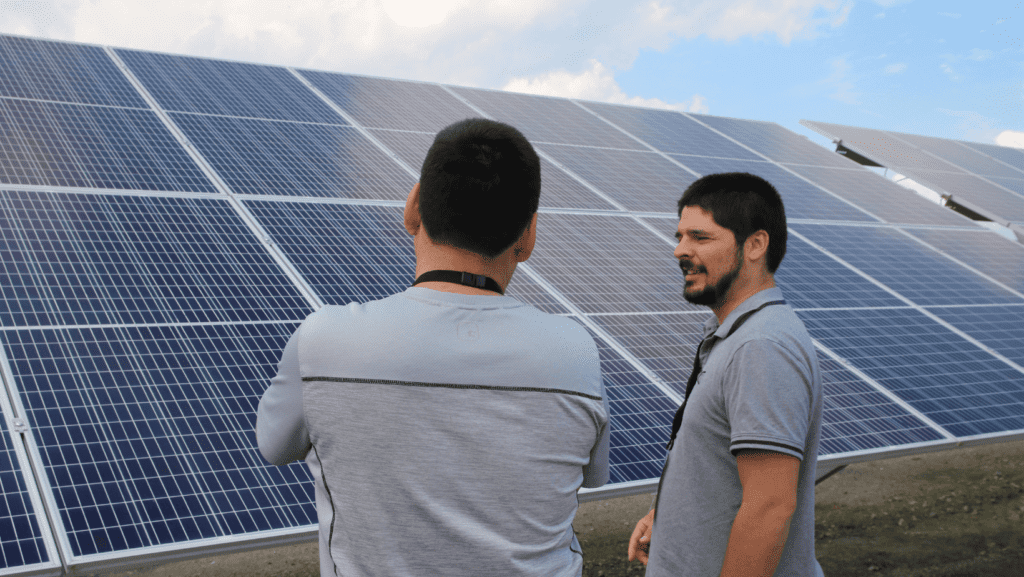Introducing the 2020 Accelerating Transition Data Report
A carefully constructed document that identifies the many ways that the Clean Energy Sector has become dominated by Indigenous-centred Leadership
By Indigenous Clean Energy

OTTAWA, ON, July 8, 2020 – In her spellbinding book Braiding Sweetgrass, Robin Wall Kimmerer of the Potawatomi Nation writes of how her “braid of stories is woven from three strands: Indigenous ways of knowing, scientific knowledge, and the story of an Anishinabek scientist.”
In this same fashion, as Indigenous peoples play a more and more vital role in the development of clean energy projects in every province and territory of Canada, new stories are being woven. They are demonstrating how a unique Indigenous-centered approach can realize a braid of impacts with strands of cultural, economic, and environmental prominence.
Indigenous communities across Canada are a powerful force for change in the country’s transition to a clean energy future. Today, Indigenous Clean Energy (ICE) is pleased to share a ground-breaking report, Accelerating Transition, which offers a comprehensive look at Indigenous leadership in clean energy projects and enterprises across Canada.
‘Accelerating Transition’ highlights:
- An Indigenous Perspective on clean energy opportunities and action – embodying Indigenous inclusion, reflecting national reconciliation, and respect for Indigenous Lands, Treaties and Rights that must be fundamental principles of Canada today, and into the future.
- National Data on the scale, jurisdiction and energy sources of renewable energy projects with Indigenous leadership and partnership, in large measure with electricity sector companies, energy corporations and financial firms, and through innovative provincial/territorial policy, and federal support,
- Indigenous Clean Energy Trendlines include action on energy efficiency in Indigenous communities in every region of the country, as well as Indigenous engagement with the rapidly emerging potential of Advanced Energy Systems, and the need to invest in Green Energy Infrastructure as a ‘core element’ of a post-Covid economic recovery for the country,
- Sustainable Impacts of Indigenous clean energy including metrics tracking investment, employment and earnings garnered through active and substantive Indigenous clean energy participation, and a
- Forward Look of what’s ahead as energy transition accelerates – profiling First Nations, Métis, and Inuit clean energy leadership and the vital importance of capacity-building, collaboration and partnerships, including the role of young Indigenous people.
The numbers presented in this survey are truly staggering. Apart from Crown and private utilities, Indigenous communities and enterprises are the largest single owner of clean energy assets. It would be fair to describe Indigenous people as the country’s strongest clean energy community, and Indigenous Clean Energy (ICE) as Canada’s National Partnership Hub advancing First Nation, Métis, and Inuit clean energy projects.
We at ICE, believe the evidence is definitive – Indigenous leadership is essential to the realization of the Sustainable Development Goals (SDGs) in Canada, and our country’s economic development, clean energy future, and reconciliation with Indigenous peoples.
Click here to read the report now
About ICE
Indigenous Clean Energy Social Enterprise (ICE) is an independent, Indigenous-governed, non-profit organization. ICE is the national hub advancing Indigenous and broader sustainable prosperity by supporting First Nation, Métis, and Inuit clean energy participation in every region of Canada.
